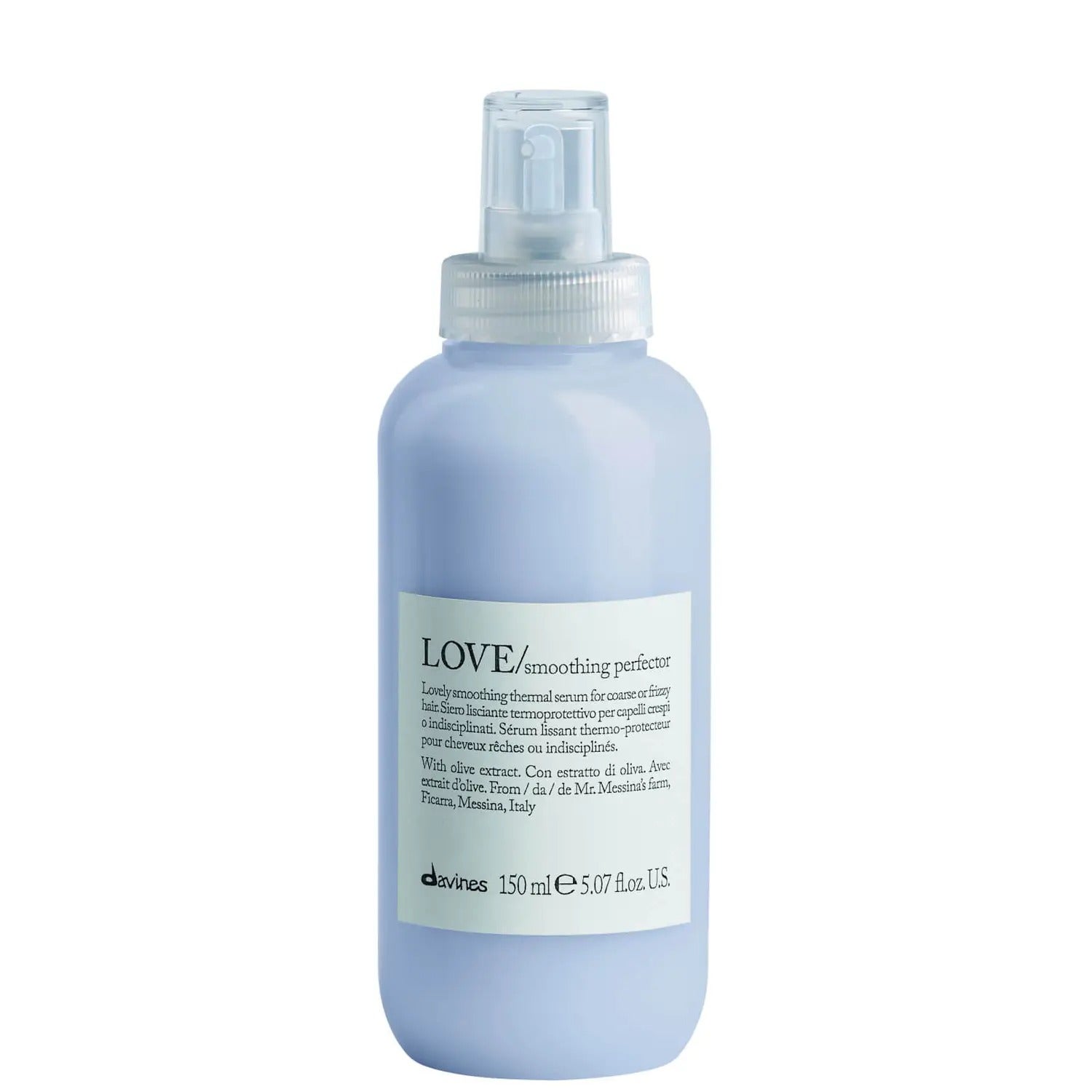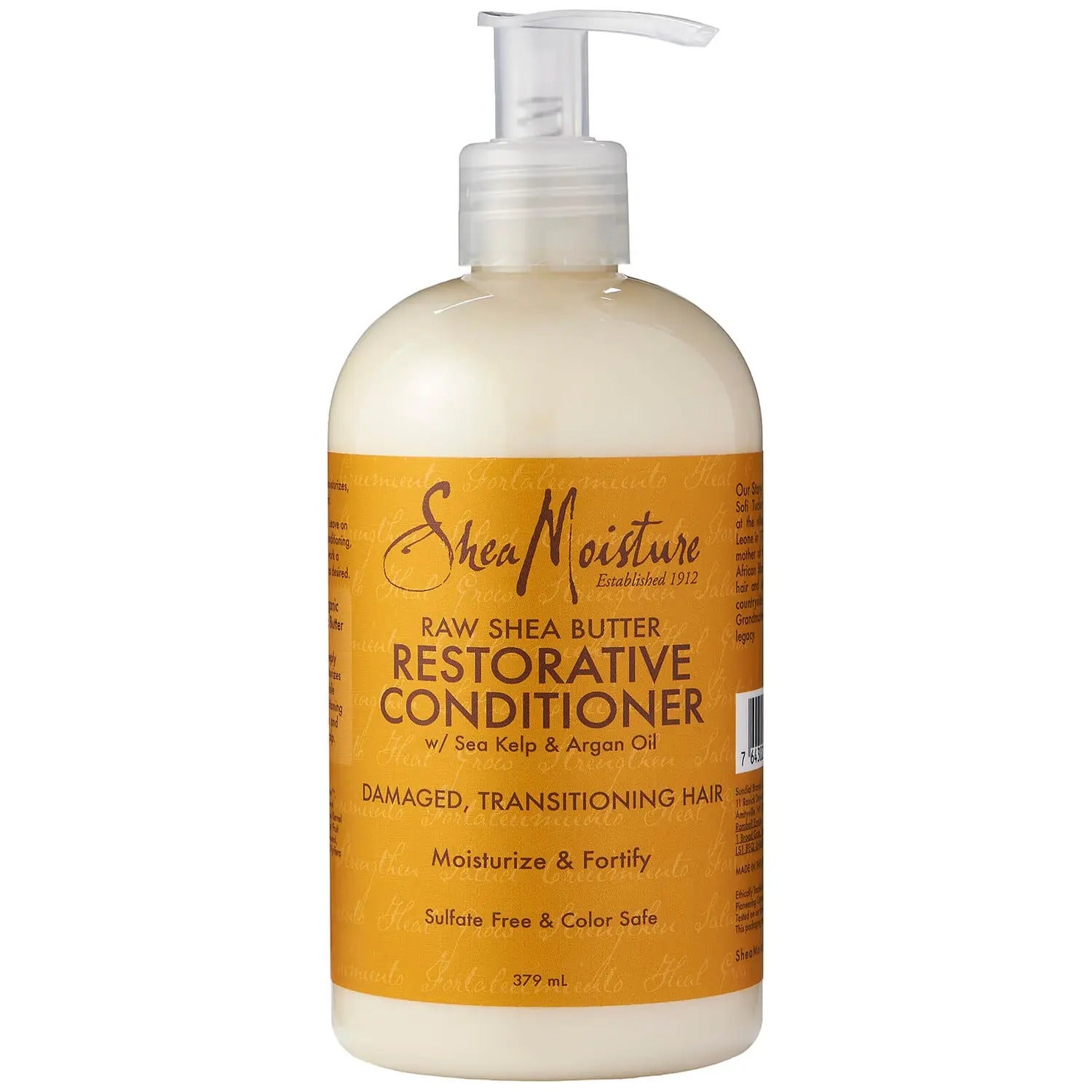At Refinery29 Australia, we’re here to help you navigate this overwhelming world of stuff. All of our picks are independently selected and curated by the editorial team, but we may earn commission or other compensation from the links on this page.
The word “perm” really seems to rattle some people. For some, it can be a throwback to a time of sizzling your hair to a crisp until it was big and burnt. It evokes images of mullets, Sarah Jessica Parker in Girls Just Wanna Have Fun, Meg Ryan in her Iconic Era. Even the villain in Legally Blonde famously had a perm and that was the source of her downfall. The perm got a bad wrap for a while there, and… kind of deserved it. Much like all good things, we used it until it fell deeply out of style, and the term “perm” was as gauche as acid-wash jeans. But for those naysayers, it’s time to shut your little horsey mouths: The perm is back, baby, and better than ever.
AdvertisementADVERTISEMENT
Why Is The Perm Back?
Much like the return of the relaxer, the rise and return of the perm has been a quiet reemergence — almost the Abercrombie & Fitch of hair treatments. Much like Abercrombie, perm solutions have evolved with technology. They leave the hair feeling soft and shiny, not brittle and broken, and different perm-wrap techniques have advanced to accommodate modern hairstyles and lifestyles. A modern perm is more about loose waves, adding volume and texture, which makes it vastly different from the perms of the '80s, which were tight, over-processed curls.
Let’s be real: The popularity of Stranger Things is likely accountable for the perm awakening in the culture. Zotos Professional, who was an early innovator of the perm in 1929 when they launched the machineless “permanent” wave (Fun Fact: “perm” is short for “permanent”, if it wasn’t obvious), is responsible for the waves on characters like Natalia Dyer’s Nancy Wheeler. It’s also genderless, and with more and more people embracing their curly texture, it’s a great way to get the '80s hair band style of your dreams without setting your hair on rollers.
What Are The Different Types of Perms?
“The great thing about perms is that they are multifaceted, if you want to use them as a base so that your hairstyles maintain easier — perfect,” Katrina Suhre, co-department Head Hairstylist on Stranger Things told me. “If you have always wanted to try on a curly look, go for a perm or body wave. Want the perfect beauty texture without the effort? Try on a beachy wave.”
AdvertisementADVERTISEMENT
There are many forms of perm application: digital, which involves hot rods and a chemical process and is a favourite of Tang’s, or cold wave, which does not involve heat and is a more traditional style of application; and within those application styles, there are four main types of modern perms: Spot / Partial, Spiral, Body Wave, and Beach Wave. (But that doesn’t mean these are the only perm styles — your's can be custom to your hair type, density, and thickness, too.)
Spiral Perms
Spiral perms are the most traditional style of perm — tight, corkscrew curls, created by vertically setting the hair on a perm rod to create voluminous curls. However, shrinkage is your enemy with a spiral perm, expect the hair to look a few inches shorter.
Body Wave Perms
Body wave perms are set on a larger rod, creating loose, wearable waves. This is great for anyone looking for body and movement to their hair, or as a texturised base to help hold hairstyles longer.
Beach Wave Perms
Beach wave perms are great for anyone looking to use fewer hot tools on their hair or an undone easy, youthful style. Set using a perming solution and foam flexirods, this is a great entry point for perms for those not looking to commit fully but wanting just a little oomph.
Spot / Partial Perms
Spot / Partial perms are for those with multiple curl patterns and textures on their heads (like me, who ranges from a 3B to 4C curl pattern depending on the strand you pull.) It involves using different sizes of rods to set the hair to match the already existing texture.
AdvertisementADVERTISEMENT
Who Should Be Getting A Perm?
Perms are great for anyone interested in adding more texture in their hair or curly-haired people who are looking for a more uniform curl. According to hairstylist Priscilla Valles, perms are great for anyone with really straight hair and wants to have some volume and body in it. Or, people who love curly hair and are using a curling iron to achieve the curls can get a perm instead, keeping the manipulation and heat styling to a minimum. “It is less damaging and you can toss the hot tools to hold the volume and curl. You can have a perm with a larger rod and air dry,” she says.
“Modern perms can be done to get loose beachy texture and waves, and can also be more natural appearing,” explains hairstylist Guy Tang, who proudly gets perms himself. “It’s all about the chemicals being applied to the hair, so find a salon that does digital perms and get a consultation first so you know the commitment.” Tang further emphasises that a perm doesn’t style itself, and you will have to protect and nurture your new perm-treated hair, which is delicate and needs to be treated as such.
However, hold off on the perm if you tend to use a lot of lightener or chemical straighteners and always trust your hairstylist’s advice when it comes to perms. It’s important to know that it’s best done on virgin hair or hair coloured with traditional permanent colour with no history of bleach-related highlights. “Even though perms are less damaging now, they still are damaging because you are changing the structure of your hair,” shares celebrity colourist Rita Hazan.
AdvertisementADVERTISEMENT
Are Perms Damaging? And How Long Do Perms Last?
Getting a perm would depend on the client's hair and lifestyle — really it could be anywhere from 3 months to a year. “A male client who washes the hair every day and has an athletic lifestyle, every 3-4 months would be recommended,” explains Angie Ceja, education manager at Zotos Professional.” A client who doesn’t wash every day and uses professional products like All About Curls, then every 6 months would be appropriate, depending on hair and style.”
Really, the art of the perm is that you don’t have to get it done constantly on a standing basis. Stylists suggest that shorter hair can get a perm service done around 3-4 months, and longer hair can get a perm around 9 months — once a year. It really just depends on the specialist and what permanent chemical solution they are doing so it prevents further damage. Talk to the experts, they’ll know what to do. Of course, you’ll also have to adjust the products you use once your perm is in place — just because it’s easier to style, doesn’t mean it doesn’t need to be taken care of, too. You’ll want to embrace the curly hair aisle and anything with the word “moisture” or “hydrating” will be your best friend.
“Perm provides a base for you to control your style, so your hair has more volume and body — it gives movement and a lived-in feel,” says Tang. “I am personally addicted and can not live without the perm. It gives me confidence, and it can do the same for you.”
AdvertisementADVERTISEMENT









